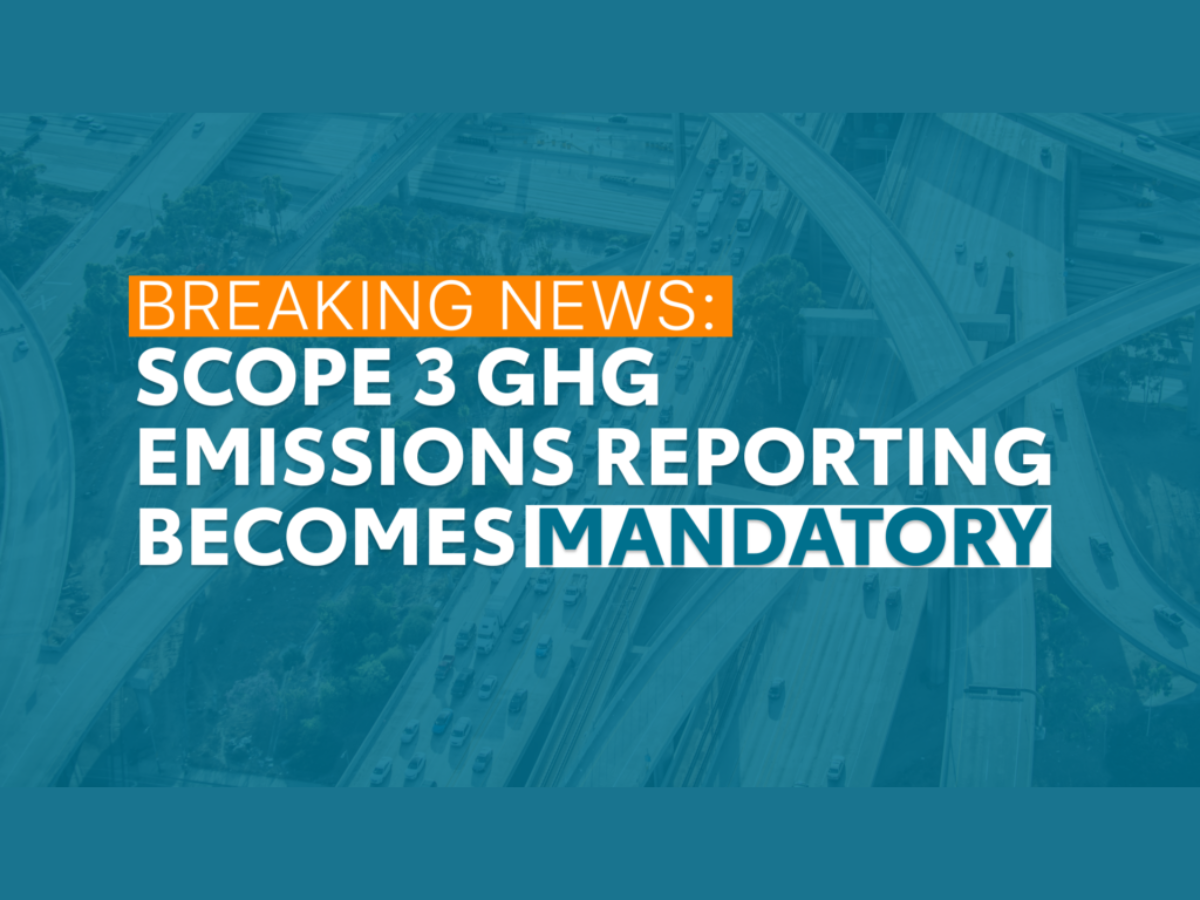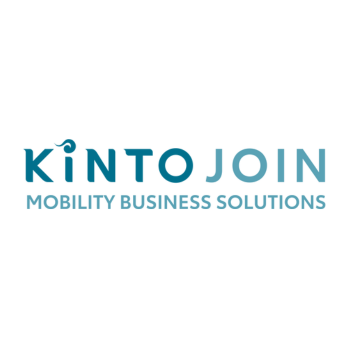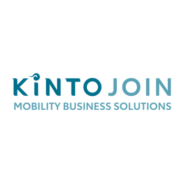Responding to Mandatory Scope 3 Reporting in Europe
As the European Union’s Corporate Sustainability Reporting Directive (CSRD) takes effect in 2025, companies across Europe are facing a new frontier of environmental responsibility: mandatory Scope 3 reporting.

This directive will require companies to disclose their indirect greenhouse gas emissions, including those generated by their employees’ commutes. This shift in reporting requirements has created a sense of urgency for companies to reevaluate their commuting practices and adopt sustainable alternatives.
The Mandate for Scope 3 Reporting: A Catalyst for Change
The CSRD’s emphasis on Scope 3 emissions reflects a growing recognition that companies’ environmental impact extends beyond their direct operations. Employee commuting is a significant contributor to Scope 3 emissions, accounting for an estimated 15% of a company’s total carbon footprint. This highlights the need for companies to address commuting emissions as a crucial step towards achieving their sustainability goals.
Quantifying the Impact of Employee Commuting
The environmental impact of employee commuting is substantial. A study by the International Energy Agency (IEA) found that transportation is the largest source of greenhouse gas emissions in the EU, accounting for around 27% of total emissions. Within the transportation sector, road transport is the primary culprit, with employee commuting contributing significantly to this category.
To illustrate the scale of the issue, consider the following statistics:
- The average European employee commutes 48 kilometers per day, generating around 1.5 tons of CO2 emissions annually.
- A company with 1,000 employees can generate an estimated 1,500 tons of CO2 emissions per year from employee commuting alone.
- These emissions are equivalent to the annual carbon footprint of approximately 300 homes.
The Strategic Advantage of Addressing Commuting Emissions
Tackling employee commuting emissions not only benefits the environment but also presents strategic advantages for companies:
- Enhanced brand reputation: Companies that prioritize sustainable commuting practices can enhance their brand reputation and attract environmentally conscious consumers and investors.
- Improved employee well-being: Reducing commuting times and stress can lead to a healthier, happier, and more productive workforce.
- Reduced costs: Sustainable commuting alternatives can be more cost-effective than solo driving, saving companies money on parking subsidies and fuel reimbursements.
- Enhanced risk management: Addressing Scope 3 emissions can help companies mitigate climate-related risks and adapt to emerging regulations.
Seizing the Opportunity: A Call to Action

The transition towards mandatory Scope 3 reporting presents a golden opportunity for companies to transform their commuting practices and embrace sustainable alternatives. By prioritizing employee well-being, reducing environmental impact, and enhancing their bottom line, companies can emerge as leaders in sustainability and reap the rewards of a greener, healthier, and more prosperous future.
Getting Started: Practical Steps to Transform Commutes
To kickstart their journey towards sustainable commuting, companies can consider implementing the following measures:
- Conduct a commuting survey: Understand the current commuting patterns of employees and identify potential areas for improvement.
- Promote public transportation: Provide incentives for employees to use public transportation, such as subsidies or flexible work arrangements.
- Encourage cycling and walking: Create infrastructure and facilities that support cycling and walking, such as bike lanes, secure parking, and shower facilities.
- Promote carpooling: Implement carpooling programs or connect employees with carpool matching services.
- Offer remote work options: Embrace remote work arrangements to reduce the need for commuting altogether.
By adopting these measures, companies can transform their commuting practices, reduce their environmental impact, and enhance their overall sustainability performance. The time to act is now, as the CSRD’s mandatory Scope 3 reporting requirements loom. Companies that seize this opportunity will not only contribute to a more sustainable future but also reap the rewards of a healthier, happier, and more productive workforce.
This article was originally published by KINTO Join Mobility Business Solutions.











